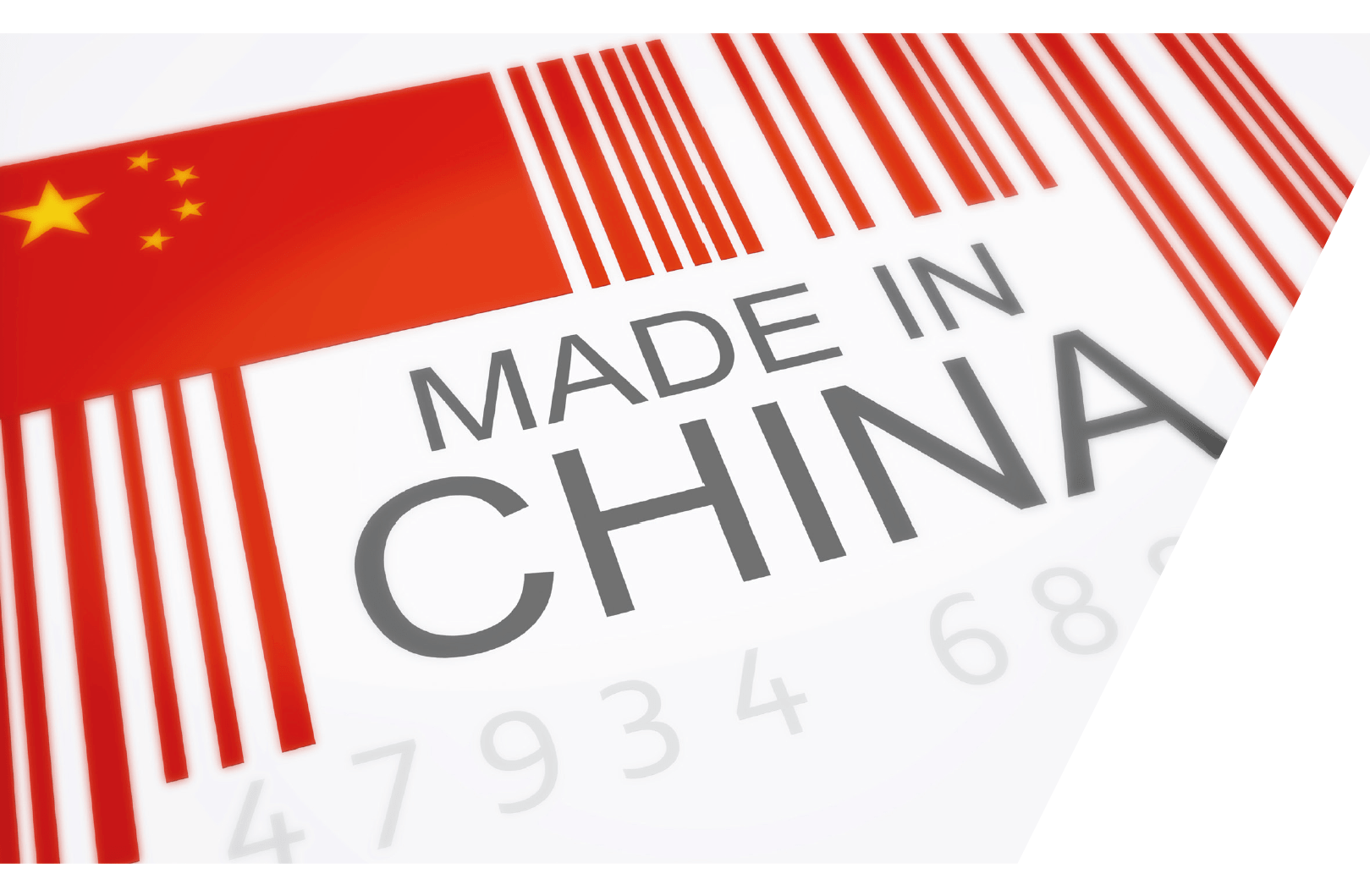Our colleague John Blackburn has highlighted the publication of a new report published by the Henry Jackson Society, based in London.
A new report by a UK Think Tank, the Henry Jackson Society, addresses the supply chain dependence on China by the “Five-Eye” powers.
Of the five powers, Australia is strategically dependent on China for the largest number of imports.
Within goods that service the “Critical 11”, we are strategically dependent on 41 categories and 11 sectors which no other member of the five powers are.
Case studies in the report include pharmaceuticals, energy systems , information technology, as well as food and agriculture.
Andrew Hastie, a contributor to the report, notes that “Our strategic dependency on critical imports makes us vulnerable to not only economic coercion, but also supply chain warfare.
To mitigate this risk, the Australian government should initiate a review of all trade-exposed products, industries and sectors in the economy.”
Our Institute recently suggested to a Joint Parliamentary Committee that we pursue a Smart Sovereignty and Trusted Supply Chain model.
We maintain that this is not just an issue related to our dependencies on China, but rather a need to review all of our supply chain dependencies.
Our supply chain resilience is poor.
The Executive Summary to the report highlights the challenges:
Since the end of the Cold War, the United Kingdom (UK), United States (US), Australia, Canada and New Zealand – the five powers commonly known in intelligence circles as the “Five Eyes” – have been among the leading advocates of “hyper-globalisation”, the idea that markets should prevail over almost all other considerations. China has benefited disproportionally from this form of globalisation, leading to a fundamental transformation in its economic and industrial fortunes over the past two decades.
Although already well-established in the US, the idea of “decoupling”, particularly from China’s economy, has gained currency with the COVID-19 crisis. The inability to produce and source Personal Protective Equipment via globalised supply chains has reminded democratic governments and peoples that it is necessary to be able to produce strategic commodities, just as China’s actions and behaviour have reminded them of the authoritarian nature of the Chinese Communist Party (CCP).
Under Xi Jinping’s leadership, the CCP has already used China’s economic power as a geostrategic weapon to revise the rules-based international system. Now vulnerable to rising domestic and international criticism over its handling of the COVID-19 outbreak, the CCP has adopted a policy of aggressive defence, to the extent that it is exploiting accumulated economic dependencies for political gain. While the rest of the world remains focused on combatting COVID-19, China is pushing forward with strategic campaigns to dominate all major sectors of global trade, and by degrees to take over control of international market standards.
For the full report, see the following:


